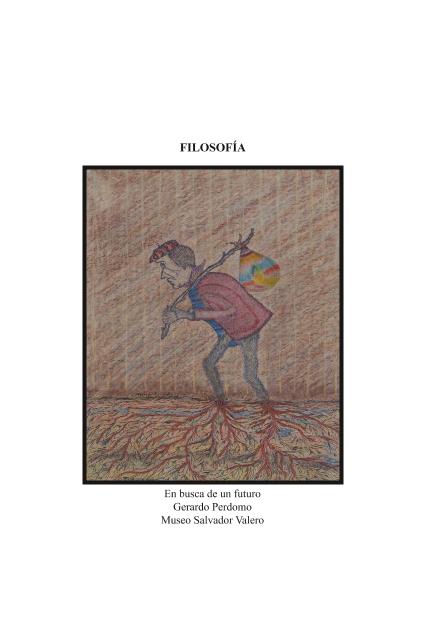Mostrar el registro sencillo del ítem
dc.contributor.author
Martín, Facundo Nahuel

dc.contributor.author
Mosquera, Martín Ariel

dc.date.available
2019-05-06T20:26:29Z
dc.date.issued
2017-07
dc.identifier.citation
Martín, Facundo Nahuel; Mosquera, Martín Ariel; Revisitar la teoría marxista del estado: derecho y emancipación; Universidad de Los Andes. Centro Regional de Investigación Humanística; Agora Trujillo; 38; 7-2017; 79-106
dc.identifier.issn
1316-7790
dc.identifier.uri
http://hdl.handle.net/11336/75680
dc.description.abstract
En este trabajo vamos a recuperar los aportes de Antoine Artous y Tran Hai-Hac al llamado “debate de la derivación” y, más ampliamente, a la teoría marxista del Estado. Nuestra intención es discutir con Holloway y Piccioto, cuya interpretación ha dominado la recepción latinoamericana del debate derivacionista. Asimismo, sobre la base de esta discusión, sugerimos que estos autores ofrecen una concepción marxista del Estado que posibilita una relación más afi rmativa con el derecho moderno, al que consideran a la vez como envoltorio de la dominación capitalista y contradictoriamente como momento constitutivo de los procesos emancipatorios. De este modo, las investigaciones que vamos a presentar (casi desconocidas en Latinoamérica hasta el momento) son relevantes no sólo en el contexto del debate de la derivación, sino a la luz de los debates lanzados hacia la teoría marxista del Estado en general.
dc.description.abstract
In this paper we will analyze the contributions of Antoine Artous and Tran Hai-Hac to the so called “State derivation debate” and, more broadly, to the Marxist theory of the State. We intend to argue against Holloway and Picciotto, whose interpretation has dominated the Latin American reception on the derivation debate. On the basis of this discussion, we suggest as well, that these authors offer a more articulated Marxist concept of the State that allows a more affi rmative relation towards modern right, which they consider both as a form of capitalist domination and -contradictorily- as a constitutive moment of emancipatory processes. Thus, the research we present (almost unknown in Latin America so far) is relevant not only in the context of the of the State derivation debate, but in the light of Marxist theory of the State in general.
dc.format
application/pdf
dc.language.iso
spa
dc.publisher
Universidad de Los Andes. Centro Regional de Investigación Humanística
dc.rights
info:eu-repo/semantics/openAccess
dc.rights.uri
https://creativecommons.org/licenses/by-nc-sa/2.5/ar/
dc.subject
Marxismo
dc.subject
Derecho
dc.subject
Teoría del Estado
dc.subject
Derivación
dc.subject
Artous
dc.subject
Hai Hac
dc.subject.classification
Estudios Religiosos

dc.subject.classification
Filosofía, Ética y Religión

dc.subject.classification
HUMANIDADES

dc.title
Revisitar la teoría marxista del estado: derecho y emancipación
dc.title
Revisiting the State marxist theory riglit and emancipation
dc.type
info:eu-repo/semantics/article
dc.type
info:ar-repo/semantics/artículo
dc.type
info:eu-repo/semantics/publishedVersion
dc.date.updated
2019-05-06T18:32:39Z
dc.identifier.eissn
2244-8454
dc.journal.number
38
dc.journal.pagination
79-106
dc.journal.pais
Venezuela

dc.journal.ciudad
Mérida
dc.description.fil
Fil: Martín, Facundo Nahuel. Consejo Nacional de Investigaciones Científicas y Técnicas; Argentina
dc.description.fil
Fil: Mosquera, Martín Ariel. Consejo Nacional de Investigaciones Científicas y Técnicas; Argentina
dc.journal.title
Agora Trujillo
dc.relation.alternativeid
info:eu-repo/semantics/altIdentifier/url/http://www.saber.ula.ve/handle/123456789/43638
Archivos asociados
